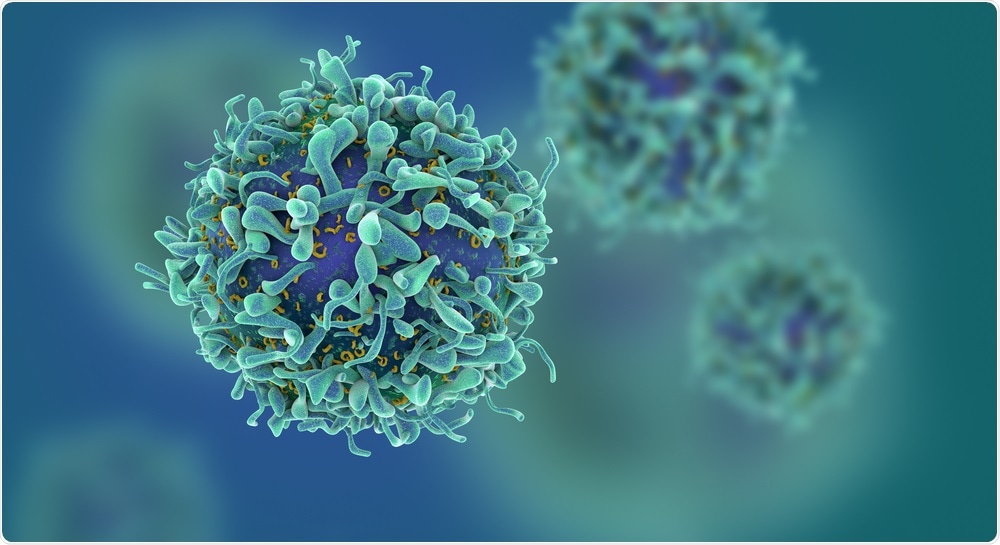Scientists from the University of Melbourne have discovered mechanisms that cause functional deterioration of the immune system in reaction to severe viral infections, including COVID-19 or HIV.

Image Credit: fusebulb/Shutterstock.com
Cancer and severe viral infections are widely known to impair the immune system, such as T cells—a process known as immune “exhaustion.”
Addressing the exhaustion of the immune system is a major objective for developing novel treatments for severe viral infections or cancer.
A team of researchers from the Peter Doherty Institute of Infection and Immunity (Doherty Institute), headed by the University of Melbourne’s Dr Daniel Utzschneider, Dr Sarah Gabriel, and Professor Axel Kallies, has targeted the question of how and when T cells lose their function and become eventually “exhausted.”
It was earlier believed that when severe infections occur, T cells tend to lose their function gradually and over an extended period of time.
However, the new study demonstrates that T cells can be damaged in less than a few days. The study was recently published in the Nature Immunology journal. It also detected many novel mediators of immune exhaustion that can perhaps be targeted in novel treatments.
This is an exciting finding, particularly in the context of COVID-19 as one of the big questions is why some people get severely sick, while others experience mild disease.”
Dr Daniel Utzschneider, University of Melbourne
Dr Utzschneider continued, “We looked at both mild and overwhelming Lymphocytic Choriomeningitis Virus infections in mice, which serves as a model for severe viral infections in humans, early after onset of disease, and identified striking differences at the molecular and functional level.”
In response to overwhelming infections that are difficult to eliminate and may become chronic, we were able to show that T cells down-regulate their function within days, while T cells responding to a weaker infection remained highly functional.”
Dr Sarah Gabriel, University of Melbourne
T cells are at the core of immunotherapy for cancer. Hence, interpreting the damage caused to the function of T cells is crucial to enhance such therapeutic methods and using them for other disorders, like viral infections.
These findings are extremely exciting. Our data show that T cells could be manipulated during early stages of severe viral infection to improve their activity.”
Axel Kallies, Professor, University of Melbourne
Source:
Journal reference:
Utzschneider, D. T., et al. (2020) Early precursor T cells establish and propagate T cell exhaustion in chronic infection. Nature Immunology. doi.org/10.1038/s41590-020-0760-z.